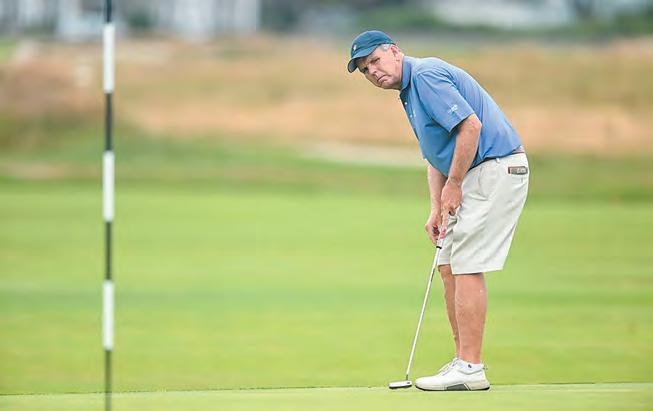
12 minute read
reflections a survival plan based on
“Who am I?” Jean Valjean in Les Misérables asks this question at a point in his life when he had a choice: remain silent and let another man who looked like him go to prison or speak up and then spend his years escaping being captured. Either choice made him reflect on his future: “If I speak, I am condemned / If I stay silent, I am damned.” Valjean felt connected to the people in his factories, to the adopted daughter, and to the priest who spared his life. By asking “Who am I?” he was reflecting on his life, his connections with others, how these reflections gave him confidence to create jobs as part of his new life, and finally the reflection changed his life’s path.
STORY BY LEARA RHODES
The pandemic has provided many people time to reflect on their lives: past, present and future. Those who survived with a positive attitude were asked to share their reflections of the last few years. What can be learned from other’s reflections? These people survived with a positive attitude because they made connections, used reflections as a way of life, and used reflections to change the direction of their lives.
Past / Importance of Connections
Braxton Barton is a land management employee of the State of Georgia who lives on the river in Morgan County. He consciously thinks about how his job of taking care of natural areas from middle to south Georgia creates a better environment for people to live.
Meeting at the Georgia Museum of Art on UGA’s campus, we talked among Kristin Leachman’s “Longleaf Lines,” an exhibit focusing on the artist offering a space for contemplation and reflection upon Georgia’s ever-evolving longleaf story. Barton works among these longleaf pines.
For days working in the forests or out on a river, he would not see a single person. Once the pandemic happened, more people were out on the rivers. Though the national forests were closed, state public parks were open. Barton’s quiet job turned into crowd control.
Reflecting on those changes, he smiles. “We get hung up on things we can’t control.” He pauses, “we are a part of nature.”
He points to a piece of Leachman’s art and we discuss how her paintings articulate the relationships between painting and nature. She uses reclaimed earth pigments produced from minerals like iron oxide pulled from U.S. riverways historically polluted by mining. Her paintings link things living and nonliving, human and nonhuman. The hope she expresses in the exhibition’s notes is that balanced coexistence with nature may one day be possible. Barton agrees, his lifestyle and work connect him with nature every day. The longleaf pines remind him of how important it is to keep those connections alive.
Connections are important to Catherine Mills. She is the director of addictive disease at Advantage Behavioral Health Systems in Athens but quickly adds “first and foremost I am a person in long-term recovery.” She defines reflections as something that “can be visual, auditory, emotional and to some degree physical. I see it as a revisualization of something through many filters,” like a prism that turns a ray of light into a rainbow of colors. “Reflection is three dimensional where different pieces come into focus and is all about connections,” she says.
Reflecting on the pandemic, Mills saw an increase in mental health issues and substance abuse that challenged any engagement between health care workers and those who needed help. Using tele-health, staff needed to create a safe space and had to be hyper aware of what they did in front of a screen, not because of absence but of disconnection. This disconnection resulted in an alarming number of suicides. Trauma causes some people to self-medicate with alcohol or drugs and others to stop taking medications used for mental health issues. These people are disconnected with those who might be able to help. Being disconnected was how Mills fell into addiction and using a social lubricant made it easier to connect. When she figured that out, she changed her lifestyle to be healthier.
“Two pieces of music speak to me,” says Mills, “Florence + the Machine’s ‘Free’ and Orville Peck’s ‘The Curse of the Blackened Eye’ as he plays his own depression. These are little sparkles that shine on me and I reflect,” says Mills. She gets it: she is a person in long-term recovery, the pandemic made connections all that more important to her.
“What was I missing?” says Dr. Aaron Meskin, head of the Department of Philosophy at UGA. “I miss the places,” he says. He missed meeting up with friends at The Ole Pal in Normaltown for drinks. And though some places like The Expat restaurant in Athens did a good job of take-out dinners with chef instructions on how to finish the meal at home, he was not satisfied with doing things at home. He felt it was much more than just the convenience.
“Places are important, similar to art works. There is a connection to art and also a personal attachment and a social sharing of places,” Meskin explains. “I missed the value of these places.” Meskin says that places are not valuable for just what we get, places like The Grit restaurant have historical meaning, a vibe, an aesthetic. Places are more than just eating and drinking out; they are social sharing, connecting people with others.
Present / A Way of Life
People who used reflection as part of their everyday life discovered that they stayed on course. Reflection strengthened them to continue.
Mark Ralston is an avid recreational cyclist and president of the Firefly Trail, Inc. Board of Directors. He has completed 6 or 7 centuries with the longest ride being 111 miles. He has ridden BRAG (Bike Ride Across Georgia), 55 miles per day for a week with one day off. Being outdoors and challenging himself by riding is one of his favorite activities. During the pandemic, he kept riding—just not with groups. He noticed many new riders on the roadways.
The pandemic did not stop the serious cyclists; some transitioned to gravel riding. E-bikes became ideal for people like the 80-year-old who wanted to do BRAG but was slower and for another rider with allergies. E-bikes are the future, Ralston says. As he continues to ride his incumbent bike, Ralston says he stays in the moment. He thinks about the terrain, works through issues, writes fiction, or composes music. “Biking has a cadence, a definite rhythm that changes with hills and valleys,” says Ralston, and he leans into that. A woman whose lifestyle has not changed during the pandemic is Kerry Fulford, owner and operator of Athens Yoga Therapeutics. She has spent the last 30 years following the yoga path and was given a yoga name: Gayatri (a mantra expressing hope for enlightenment). Throughout the pandemic she has meditated. “I allow myself to follow my mind. I observe my mind and it takes me to the past and the future,” she looks directly at me. “Be still and know I am God, all the great masters say, if you are going to be holy you have to be in the present.”
One learns to be in the present through practice, Fulford says. She begins by watching her breath 10 times. After 10 breaths something inside of her shifts and that leads her to a moment of reflection.
Fulford began yoga because she had felt an imbalance and sought ways to have a more balanced life. She reflects on what she has learned, “I allowed myself to overcome the survivor’s guilt. There have been good moments like com- munity bonding. It was a wake up, shake up call for things that were driving us crazy. It was a slowing down, more home time, and learning more about where resources come from.”
To Fulford, nature impacts both her mental and physical health. “I am out every day rain or shine; this connection is both a reflection and a remembrance.” The yoga principles promote a strong body, a compassionate heart, kindness towards others, and gratitude for many things.
Gratitude has been Ashley Garrett’s path for the past 25 years. She is the Internal Communications Manager at Athens Regional Health System and has been keeping a gratitude journal since the late 1990s.
“Having a written record of gifts in your life trains your brain to look for good things,” Garrett says. She discovered that she had good things to write down even on a bad day like the day her husband Richard died. He was 38. Garrett had discovered Sarah Ban Breathnach’s book “Simple Abundance: A Daybook of Comfort and Joy.” The essays encourage women to write down a minimum of five things to be thankful for that day.
“The journal gives insight,” says Garrett, “If I am feeling off balance, I get immediate feedback and set aside time for myself whether it is art, friend, family, quiet, or being outside. The structural practice helps. It widened my lens of seeing things, strengthening my muscles. It’s like breadcrumbs through my life. “
Reflecting on what one has done in life can lead to better understanding of the self, or as retired psychiatrist William Charles Conner says, it is the coming out of the darkness of ignorance. In his memoirs, he refers to the shadow that crosses the moon, or the penumbra, and titles his third book “Out of the Penumbra.” His first book, “Eating Dirt” begins with his growing up in poverty with never enough of anything and his mother making do to raise five children without the father, who had left. “Boy Jumps Over the Moon” covers the three years he spent in the Navy where he was trained as a dental technician. His third book is about his college years where he was bullied and shoved down steps and had to learn how to deal with life. With no money and no family assets, he had to find a way to attend college and still support his mother. He received a full scholarship to medical school where he discovered psychiatry. And, as a trained psychiatrist, he learned to listen to what’s going on with other people. His retirement in 1996 has given him time to reflect.
“Reliving all those days… talk about painful experiences…has helped me get rid of the pain. I’m very glad I’ve done it. I’ve lived a life I never expected but I like my perspective,” he says. “Mindfulness is a part of me. Our journeys change how we think.”
Conner is married to Lisa Thomas Conner, the daughter of artist Steffen Thomas (The Steffen Thomas Museum of Art is in Buckhead, Ga.), and they live in Morgan County. Conner writes about his life of 80 years and reflects on the changes he has experienced. By continuing to write his memoirs, Conner was able to cope with the pandemic years and turn his writing into a legacy for his sons.
Future / Changes to life’s path
March 8, 2020, is etched as the day Georgia shut down. Within these two years, some people who made time to reflect changed their life’s paths.
“I had to move,” says Nancee Tomlinson, a lawyer. “The noise of living in town triggered my PTSD.” She sold her house in Athens and moved to Morgan County in December 2020. “This opened me up to hearing my inner guidance,” she says.
Reflections during the pandemic also motivated her to begin a degree in social work. As a lawyer she feels she is forced into duality: innocent or convicted. “But one can see myriad options if they open their eyes to see,” she says. “Reflecting is how one can clear out what Jung calls shadows, if I can only clear out the noises,” that is why she moved and why she has to change her career.
She read Julia Cameron’s “The Artist’s Way” and began the practice of writing morning pages, three pages written quickly to find places of resistance. At the end of the day, she meditates to figure out the “why” of what she wrote. Tomlinson sits in silence to communicate with God. She believes that if we silence our mind, we can reach God and that the act of reflection is spending intentional time to think. “I don’t listen to music when I step back, I go outside and listen to nature. Listen to the rain. It is amazing in the dark.”
A quiet mind is explained in Robert Louis Stevenson’s quote: “Quiet minds cannot be perplexed or frightened, but go on in fortune or misfortune at their own private pace, like a clock during a thunderstorm.”
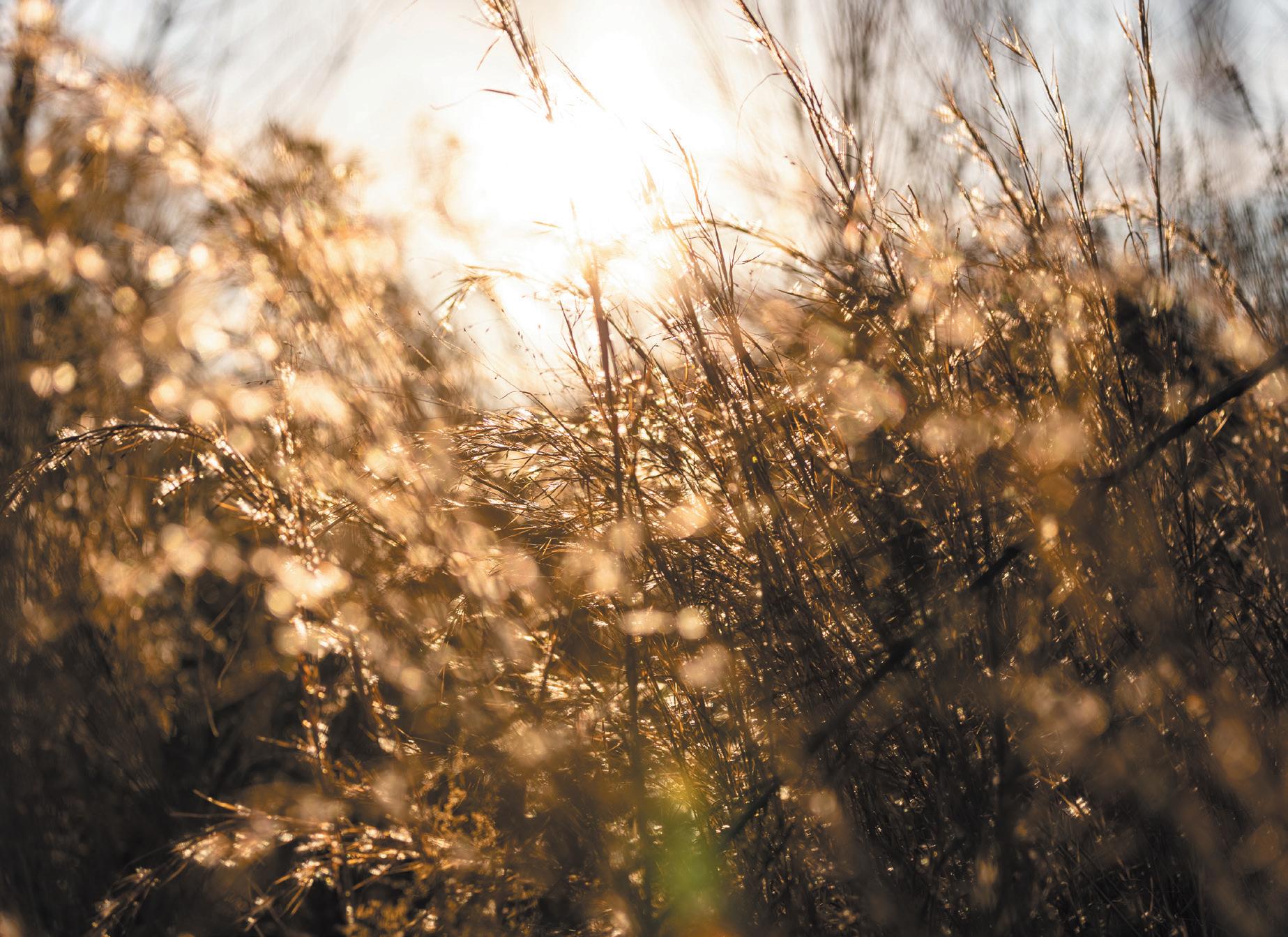
Cameron Jay had to pause during his work to reflect. Jay, who has the Classic City Crime podcast, is finding strength in the “pause.” “I deal with heavy stories about crime and when I find time to pause, I can find lessons. I have learned how important it is to stop and listen.”
After two years of the pandemic and researching one case, he reflected: “Once I finished Tara Baker’s case, I had to decide on whether or not I would take on one of 40 unsolved homicide cases in Athens since 1969. My heart was not ready to go with another unsolved case. Tara’s family and friends made me feel connected to her but the lack of resolution still keeps me up at night.” He looks away. “Podcast rules say that audiences like crime stories but I felt they needed a break to reflect on the lives of the people killed.” He has 1.2 million followers with a new season that started October 31, 2022.
Elected as a member of the Athens Board of Education has changed Heidi Hensley’s career path. Everything she has done in her life has gotten her to where she is today. “When I look back, I am at peace. Looking back builds on and creates who we are and then pushes us into the future,” says Hensley.
As a basketball star at Furman, Hensley wanted to do art but couldn’t because of the sport, an injury changed her life. She came to UGA, studied music and art, toured the country playing music but was lonely. She had poured her whole self into music. She wanted a child but knew that she could not be on the road and have a child. She shifted and now has six children. She poured everything into her art until her son said, “Mama, you’ve forgotten to play.” She shifted and cre- ated “Artful Reminders” to connect with other people. “In reflection,” Hensley says, “there is something bigger—it’s the community.”

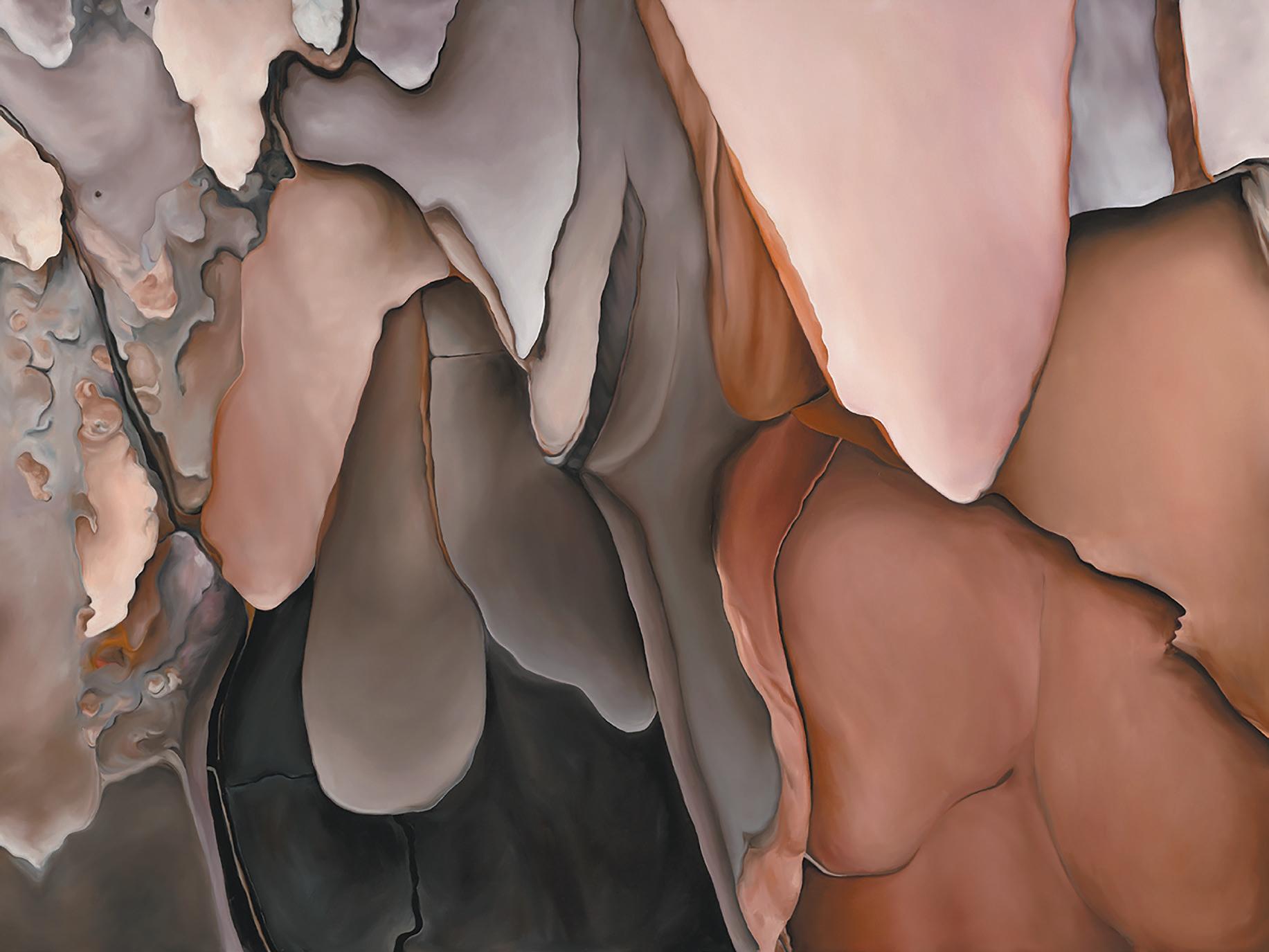
Then came the pandemic. All the little boutiques that sold her art closed. Her studio closed. She shifted and became an elementary school art teacher. “There was a disconnect between teachers and students and the administration. Everything was success driven, data driven, and had deleted the human aspect,” she says. So, she shifted and ran for the Board of Education and won. Her shifting caused her to reflect on Michael Singer’s “Living from a Place of Surrender” who allowed his life to go where the universe took it. Hensley now lives in the moment. “I had to sit still and cherish the stillness especially with family and I try not to look where I am going.”
Linda Davis has faith that keeps her centered. She grew up in the Brooklyn community of Athens. She had a business career, retired, and returned to Athens. “I was at lunch when I got a phone call from a lady who said that with Obama in office the Brooklyn Cemetery [an African American cemetery] needed restoration and she had the means to get it done and wanted to do it, but did not want my help.” Davis thought for a minute. Her grandparents were buried in that cemetery. She was not trying to prove the woman wrong but out of love and respect wanted to bring dignity to the ancestors. She said no, thus her life’s path changed; she became co-founder and trustee of the Friends of Brooklyn Cemetery and during the pandemic found ways to continue the cemetery restoration.
“I’m in the mirror,” Davis says, “so what do people see when they see me in the mirror?” She feels that the woman who called her saw a Black woman who was not up to the job. “When I walk through the cemetery, I see the people, the African-American community whose first act of courage was to survive the middle passage. They died away from home but were strong enough to endure and persevere. So, I marvel at the unknown stories of people buried there.”
As she walks through the cemetery, she remembers. “It is like I am walking through the Brooklyn community on Hawthorne Avenue. In Section A, Winnie Reese is buried. She sold cupcakes for 5 cents. Robert Flanigan down from her was the keeper of the church and made the fires to keep the congregants warm. Etta Flanigan/Stroud from out of Watkinsville, had an ice cream shop on Hawthorne.” In reflecting on that fateful phone call, Davis says, “I may not have all the skills to do it, but I have the faith,” and that faith has encouraged thousands of volunteers, many UGA professors with their students, and neighbors to help restore the cemetery and honor the ancestors.
Reflections made during the pandemic have had some people stay steadfast through their connections to nature, to communities, and to places because of a past that was important to them, thus grounding them in a world that was changing.
Reflections kept other people in the present relying on their experiences, nature, and exercise to keep them on course and balanced. Others had already trained themselves to look for the good in life and how to find creative ways to spend time alone.

Reflections also changed some people’s paths by highlighting the disconnections in their lives so they moved, changed directions for work, or simply paused, all with a look to a more positive future. These people who have survived the pandemic with a positive attitude found a way to remain in the present and with “being in the present” they also go forth with hope for the future.
Jean Valjean had hope, “My soul belongs to God, I know / I made that bargain long ago / Gave me hope, when hope was gone / He gave me strength to journey on / Who am I? / Who am I? / Jean Valjean.”
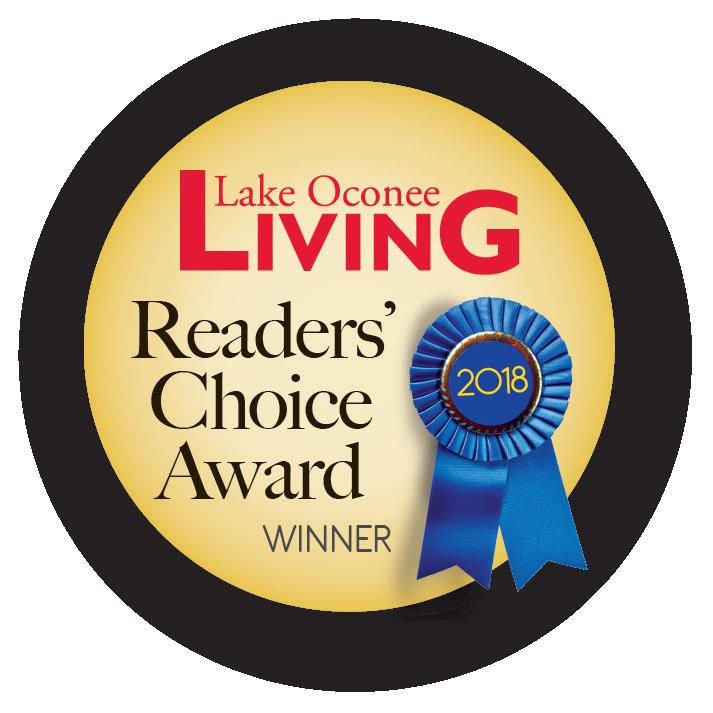
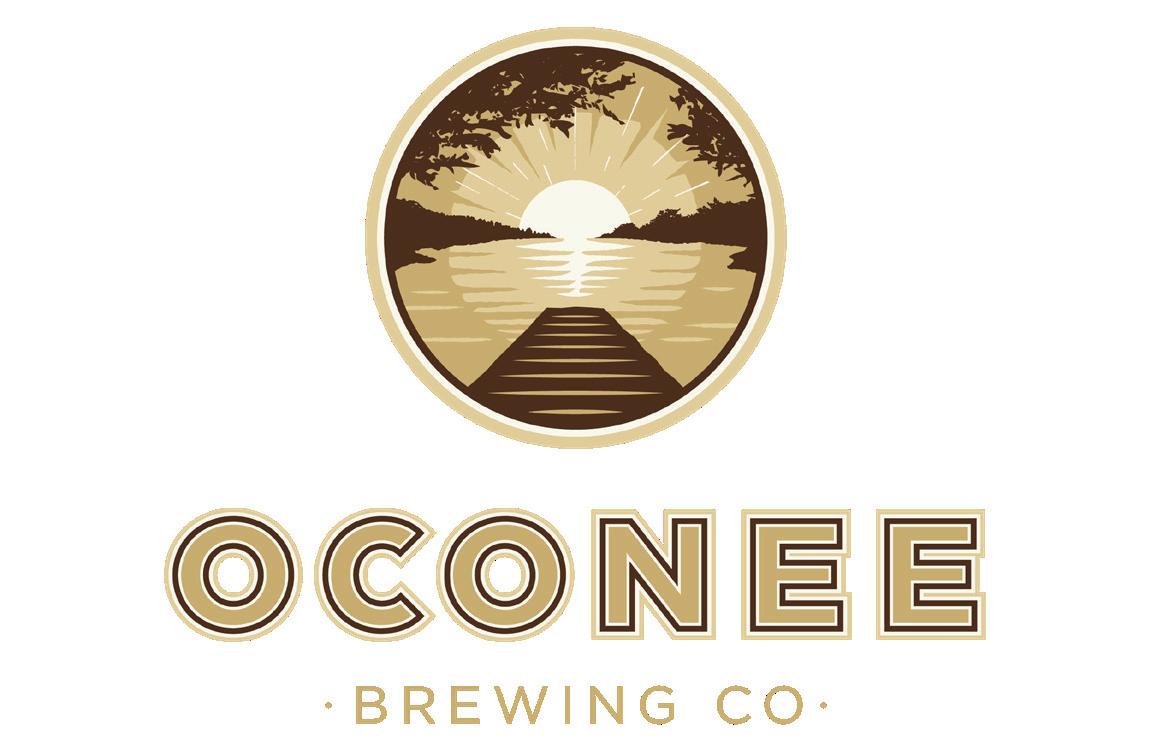
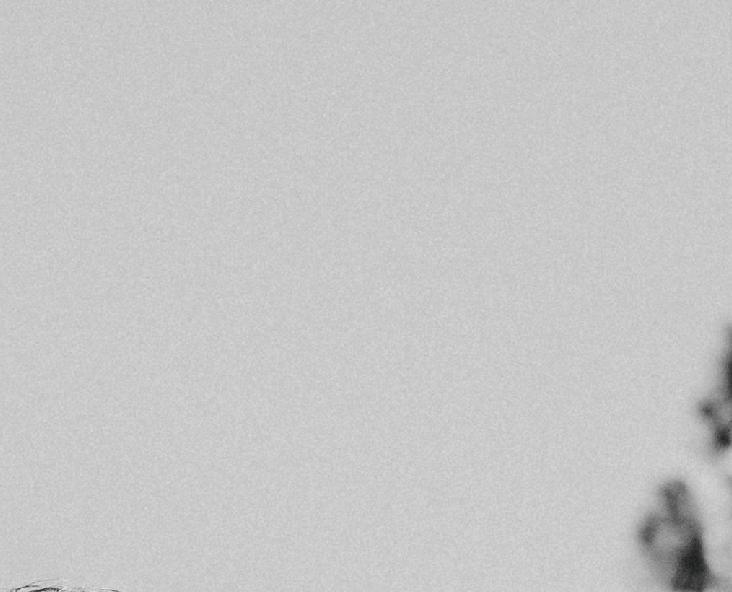
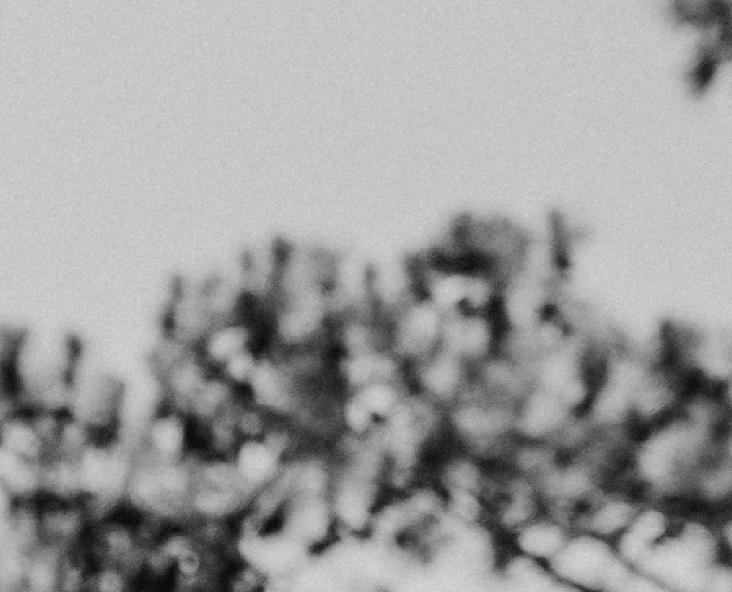


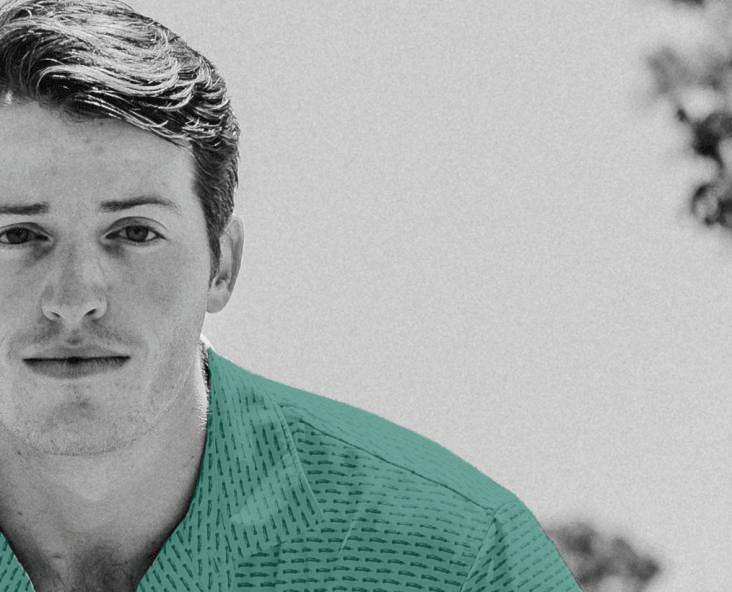
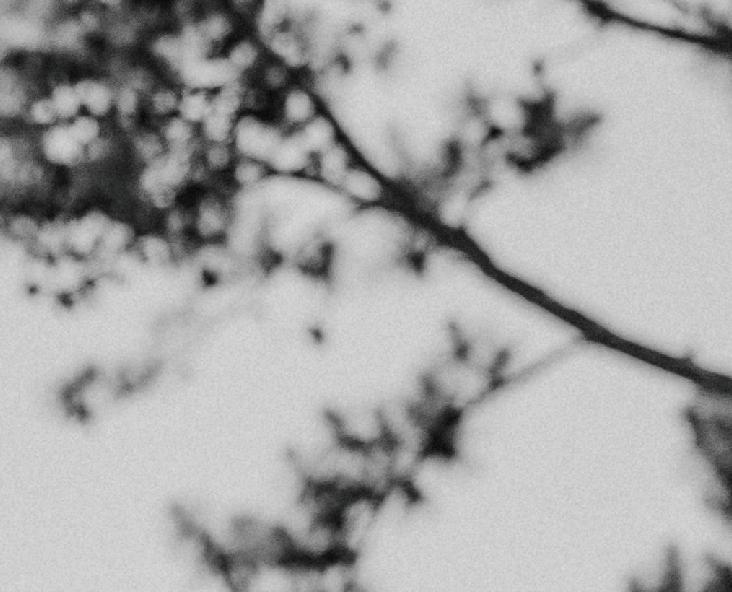
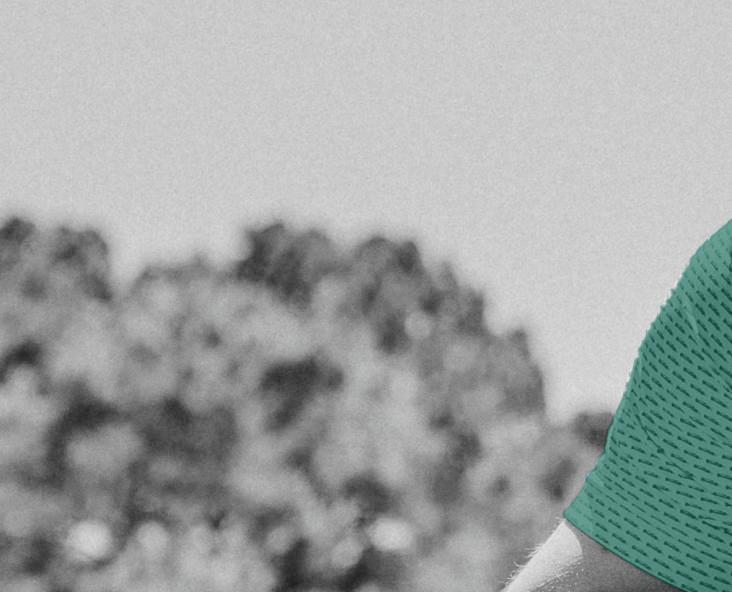
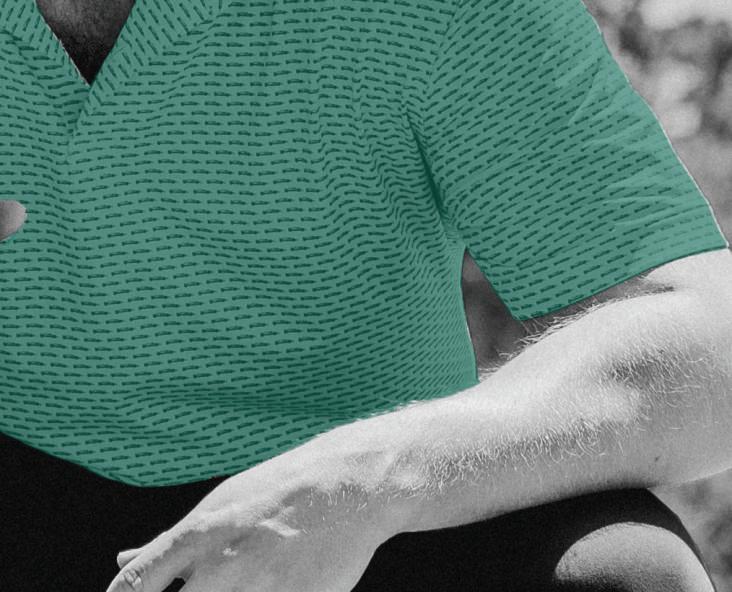
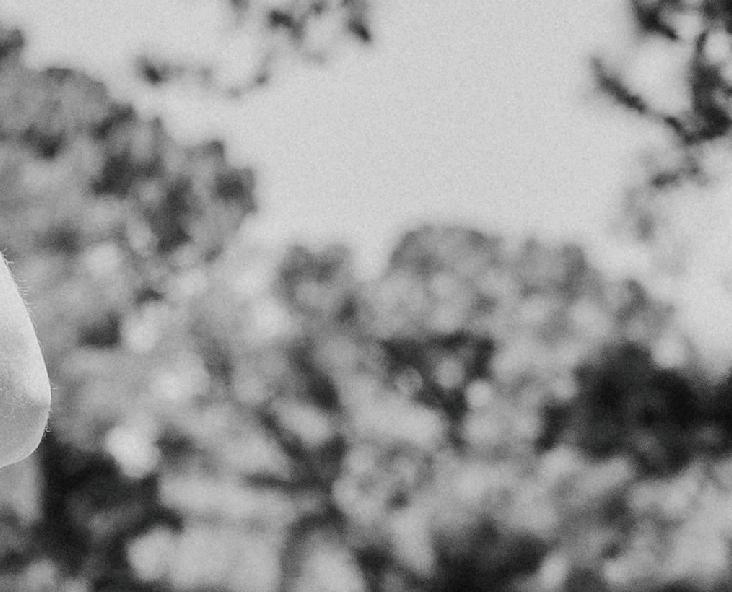
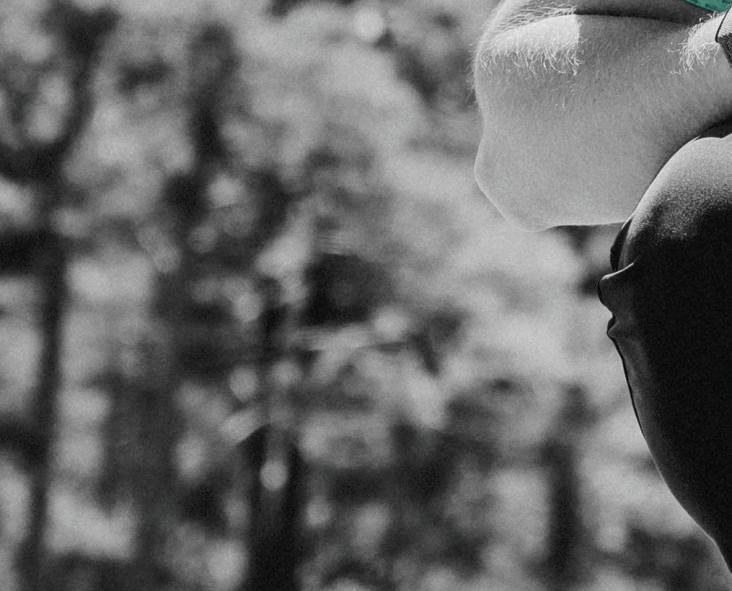
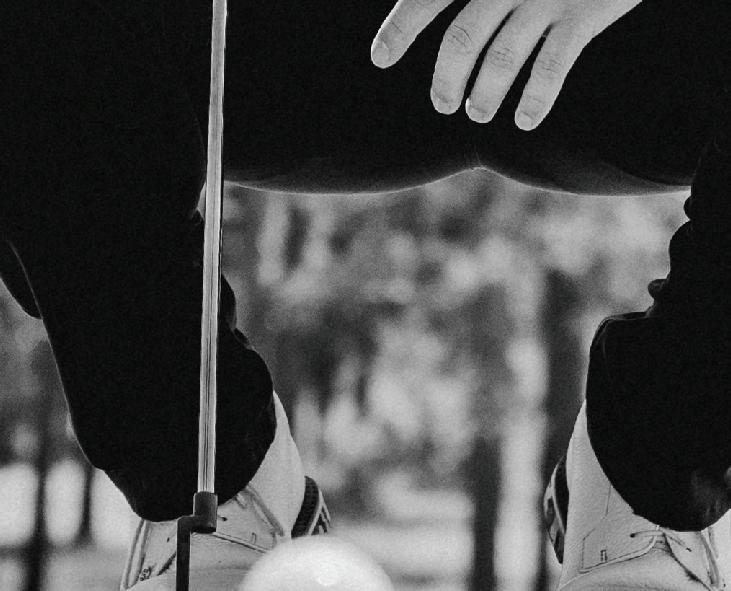
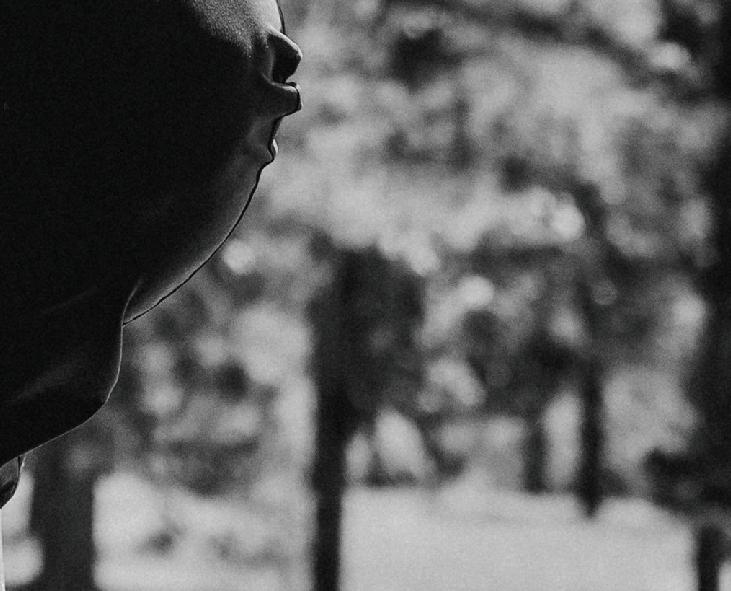

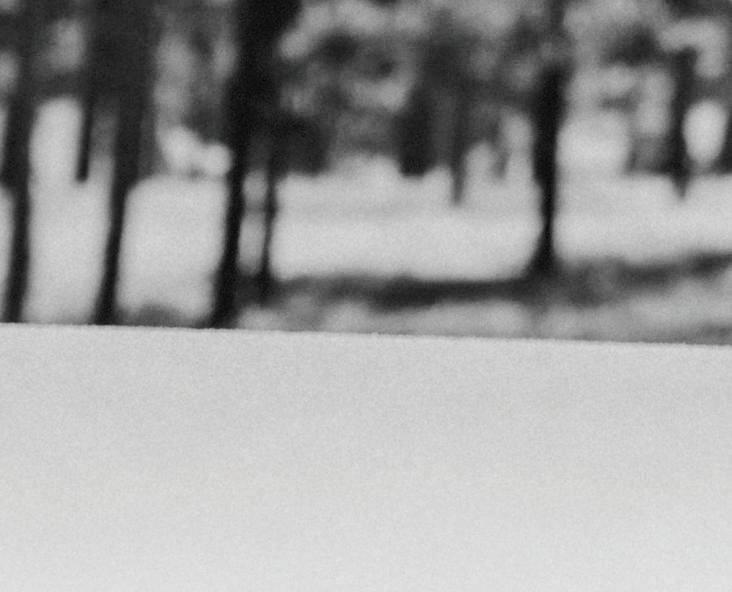
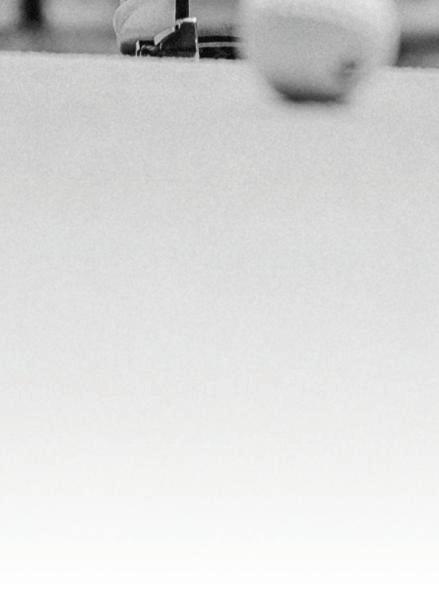











Restaurants, live-music venues, breweries and shops line the streets of the recently revitalized downtown area in Macon.








